If you want to learn to Scuba dive, you may not have thought about learning to freedive first. However learning to freedive provides you with the techniques, skills and water confidence to learn how to scuba dive quicker, safer, and with more confidence.
When Scuba diving was in its infancy, you weren’t allowed to put a tank on until you had demonstrated you could freedive. The British Sub Aqua Club (BSAC) was founded in 1953 and for the next thirty years, you had to be qualified as a ‘snorkel diver’ before they allowed you to learn to scuba dive.
BSAC knew that in order for people to be safe, proficient and confident divers, they needed to know how to breathe and move in the water correctly.
Their training started in the swimming pool with the mask and snorkel, finning techniques and posture. Students were expected to be able to swim under the water, duck dive down, swim under the water with weightbelts and weight, and swim at least 25 metres under the water without any equipment at all.
In addition, they had to be able to tread water with their arms over their head and dive down to the bottom of a deep swimming pool and put on all their Scuba equipment!
In 1984 the standards were changed, but even today, BSAC promotes snorkel training before diver training, to get future Scuba divers used to underwater techniques and build their confidence.
So how does learning to freedive help you learn to scuba dive?
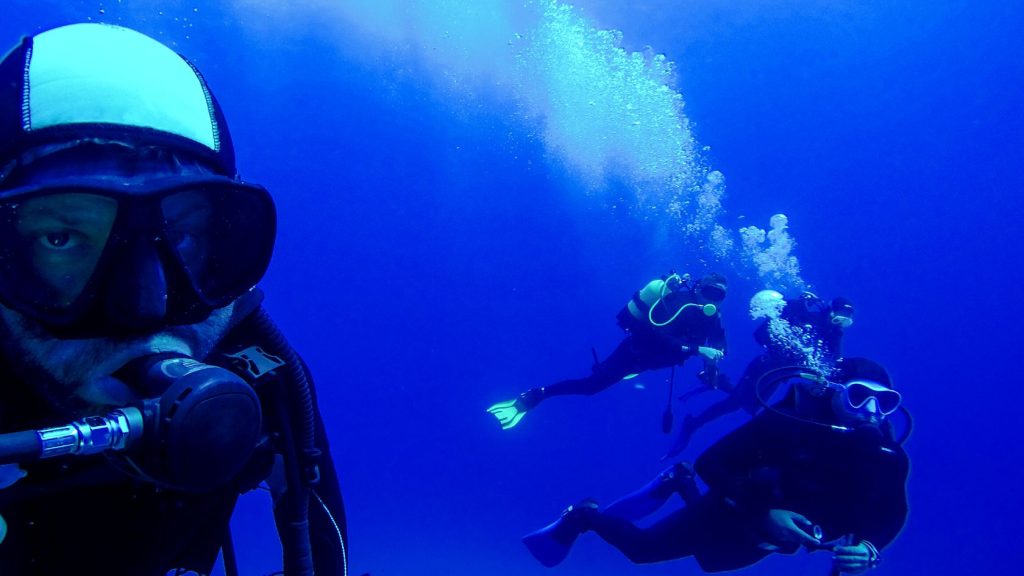
Learning how to breathe correctly
Even though Scuba diving is essentially breathing underwater and freediving is essentially breath holding underwater, on a freediving course you spend a lot of time learning how to breathe correctly and regulate your breath. By learning how to control the breath, it means that when you learn to scuba dive and have a regulator in your mouth, you will be much more conscious of how you are breathing and this has numerous benefits.
When you regulate your breathing correctly you will use less air when you learn to scuba dive. You’ll also stay more relaxed as you will not hyperventilate and turn on your sympathetic nervous response. This is the most important reason why you need to learn to breathe correctly as it prevents panic.
Learning how to fin correctly
Having fins on for the first time can be disconcerting, even if they are relatively short. The leg muscles have to work harder and in different ways, and if you don’t do it correctly, you’ll waste lots of air and energy whilst still at a standstill in the water. When you learn to freedive, you learn body awareness, and how to fin in the most efficient way possible to minimise effort and maximise output. This means that when you learn to scuba dive you’ll move more easily through the water with less effort, which will help save your air and make the experience more enjoyable.
Learning hydrodynamics
Connected to correct finning techniques is general hydrodynamics, how to move through the water as gracefully and efficiently as possible. On a freediving course you learn body awareness, how to move with the water rather than against it. These skills are vital for scuba diving as a tank will increase your size in the water. If you already know how to move in the water, then when you put a scuba tank on, you’ll still be graceful rather than lumbering.
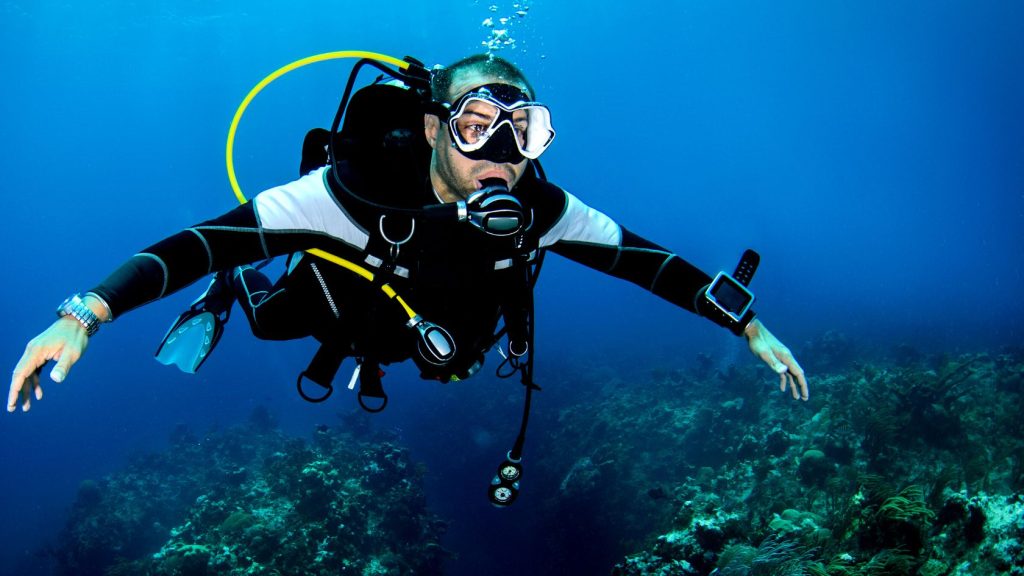
Learning buoyancy and weighting
One of the biggest issues people have when they learn to scuba dive is that they use too much weight. They don’t yet know how to regulate their breathing to control buoyancy (see above) so compensate by putting on more lead. By learning to freedive, you’re trying to find the optimum buoyancy for ease vs safety. The more skilled you get at your finning and hydrodynamics, the less weight you use, and these buoyancy control skills are directly transferable to scuba diving.
Learning mask and snorkel skills
On a freediving course, you learn how to use the mask and snorkel, and you also do a mask off skill, where you ascend from 10m without your mask. By doing this, you know that you can bring yourself back up to the surface from 10m without seeing much and this gives you a huge amount of confidence when you learn to scuba dive and do mask clearing skills.
Improving confidence
One of the most important benefits of learning to freedive is the confidence that it gives you in the water. To have this confidence, and to know how your body works and how to breathe, means that when you learn to scuba dive, you will progress much quicker and with more comfort. Having this self confidence helps prevent the risk of panicking underwater and ultimately makes your scuba diving safer and more enjoyable!
So you want to learn to Scuba dive? Learn to freedive with Go Freediving first!
Go Freediving is the longest established, most experienced and friendliest freediving course provider in the UK, led by world class freediving instructor trainer Emma Farrell, and her team of personally trained instructors. No other course provider has such a good instructor to student ratio, safety record and personal touch.
Whether you’re a beginner dipping your toes into the world of freediving, a seasoned pro looking to turn professional, or simply a freediver of any level who wants the best freediving holiday in the world, we’re here for you!
Also check out our online guide, The Beginners Guide to Freediving by clicking here!
Keep in touch with everything Freediving
Subscribe to our mailing list for weekly newsletters with exclusive articles, news, films, offers and more!


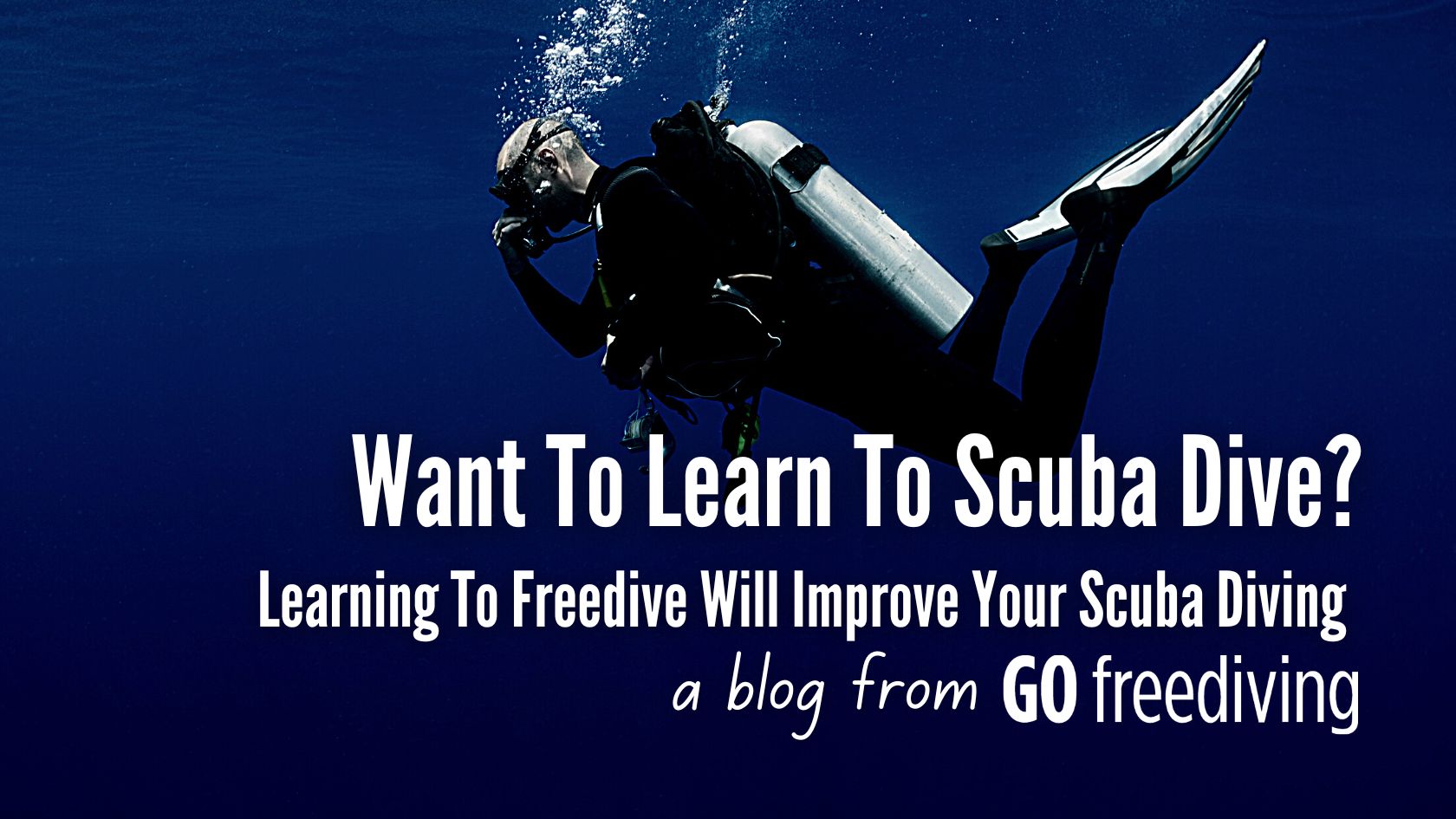
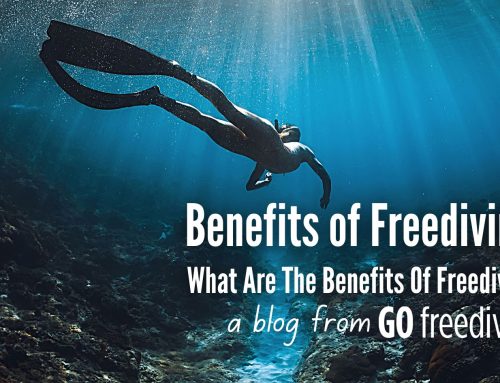
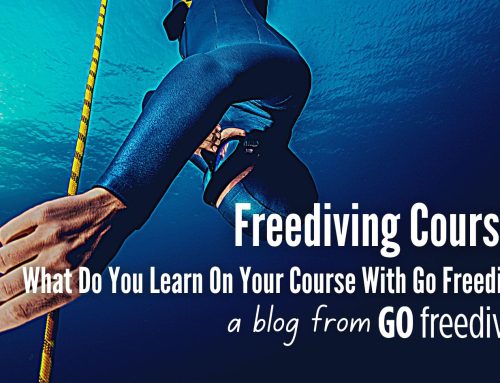
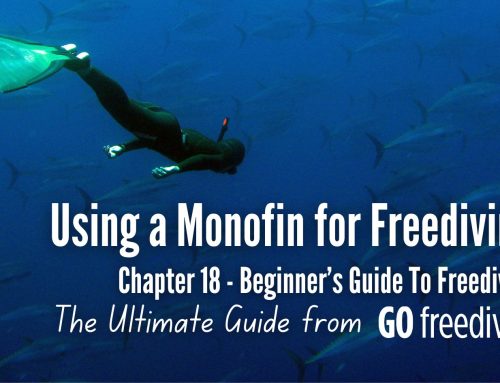
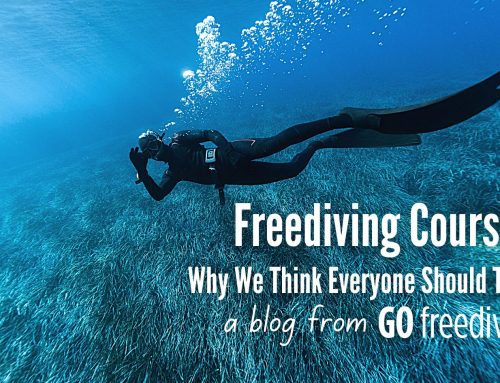
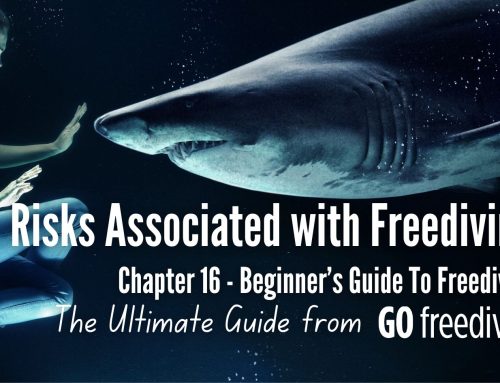
Leave A Comment